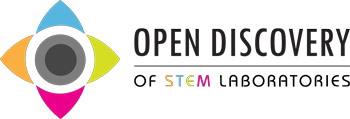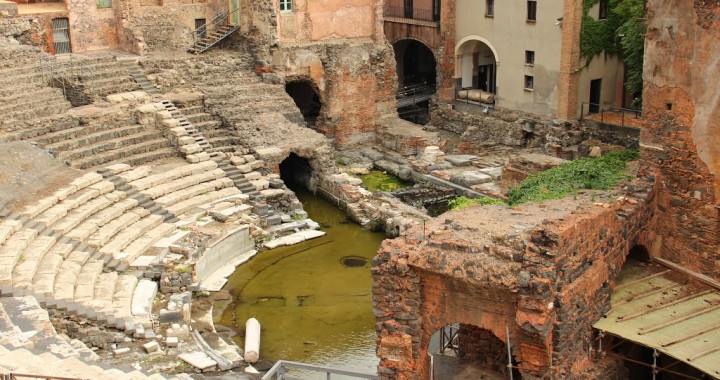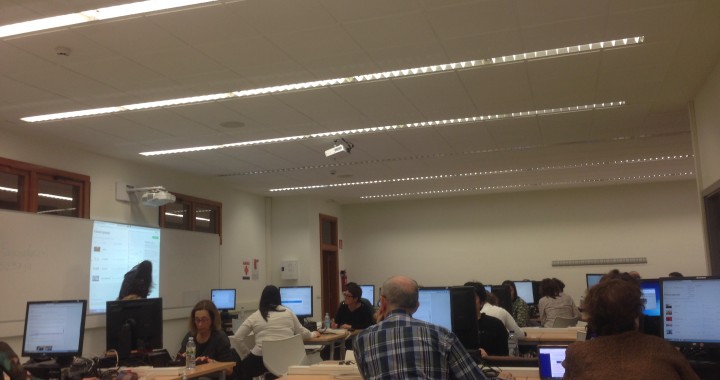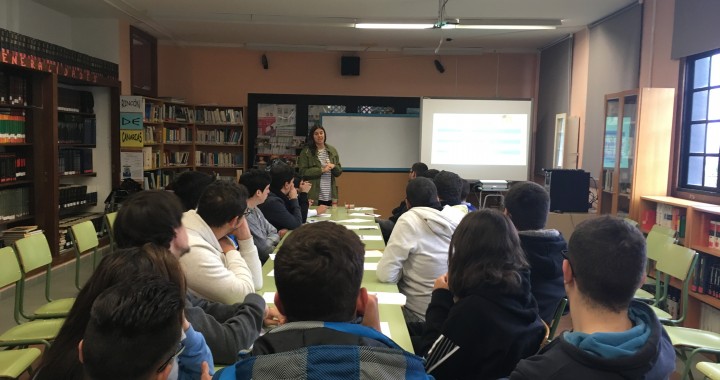Teacher School is idea-generating training that shows school teachers a new way to make STEM teaching more exciting and accessible to students. The main objective of the School is to introduce to teachers a use of online virtual experiments and remote laboratories as well as MOOC methodology to help them develop, improve and enhance their teaching materials. During the week they will collaboratively work on creating innovative STEM school approach – micro-MOOCs, and discovering remote & virtual laboratories and their application in education. The course will also strengthen a social connection and European dimension uniting five national teams from Italy, Estonia, Greece, Lithuania and Spain.
The event will take place in Acicastello (Catania), Italy, 17-22 July 2017.
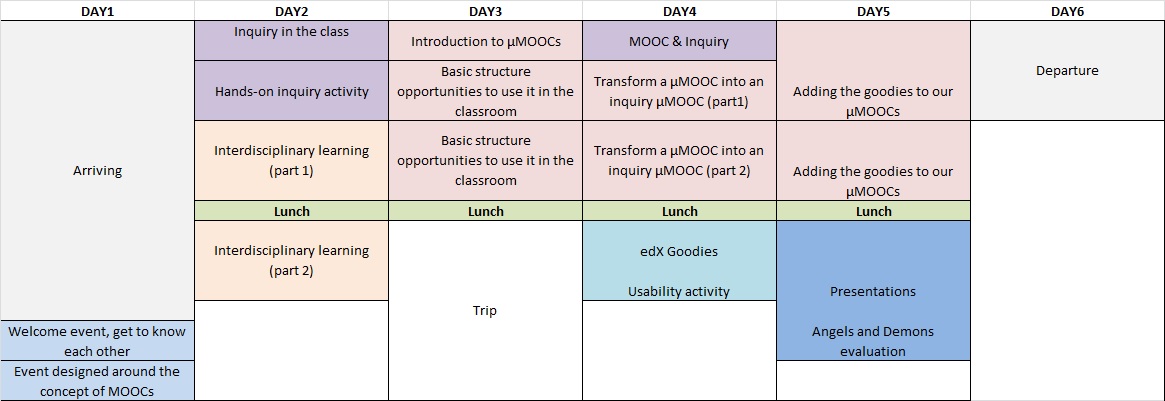
Monthly Archives: gegužės 2017
Bilbao, Spain: Multiplier Event
We are glad to report on the completion of the set of the multiplier events provided to Bilbao teachers.
The main objectives of this action as follows:
• Understand the different approaches of Technology use in school class instruction
• Explain what is micro-MOOC and show their simple examples incorporated with online laboratories.
• Train teachers to design short interactive video using free tool Powtoon.
• Train how to design micro-MOOC and discuss the developed micro-MOOC
38 teachers during 3 days were working on a use of the Powtoon tool for design of animations for classroom actions and design a micro-MOOC for different science topics. Thanks them to their interest to the delivered topic.
We are looking forward for next meetings with these teachers and happy to support them in a development of different teaching materials for their students.
Multiplier Event in Tenerife
9-10 February, 2017 we organize the multiplier event in Tenerife, Spain. The MOOC approach in the school environment and micro-MOOC methodology were introduced to more than 25 participants – teachers secondary schools. A special learning activity was organized for teachers to train them how to design the micro-MOOC scenarios and use the STEM remote and virtual laboratories in a classroom.
Very soon we will see the results of this action having several micro-MOOCs developed by these participants.
